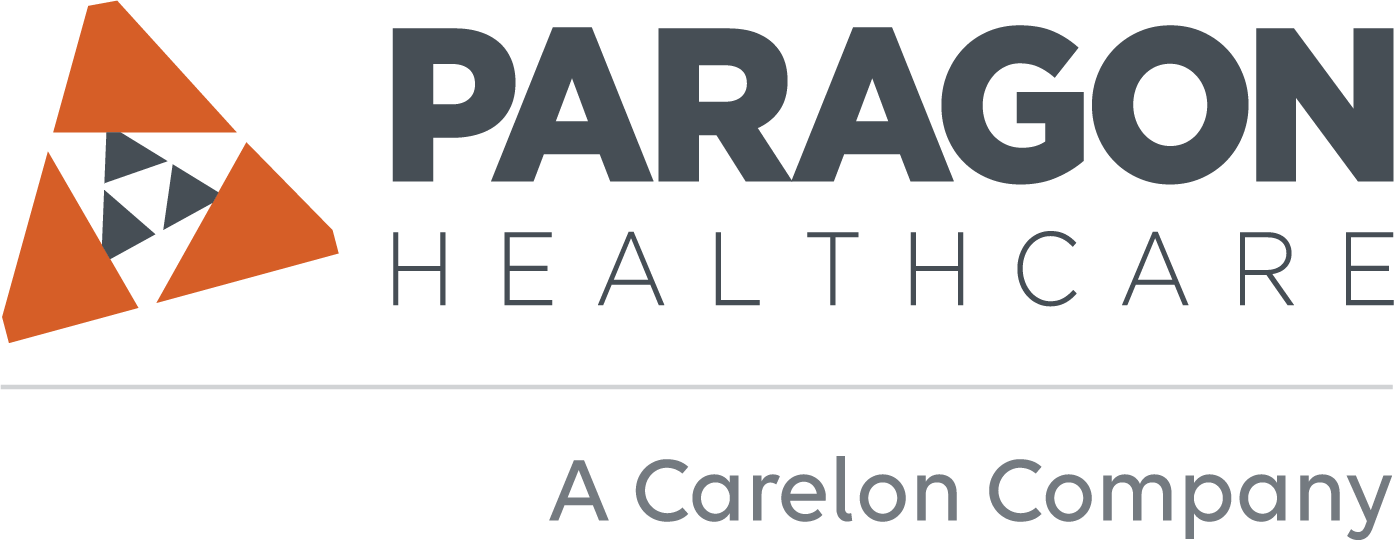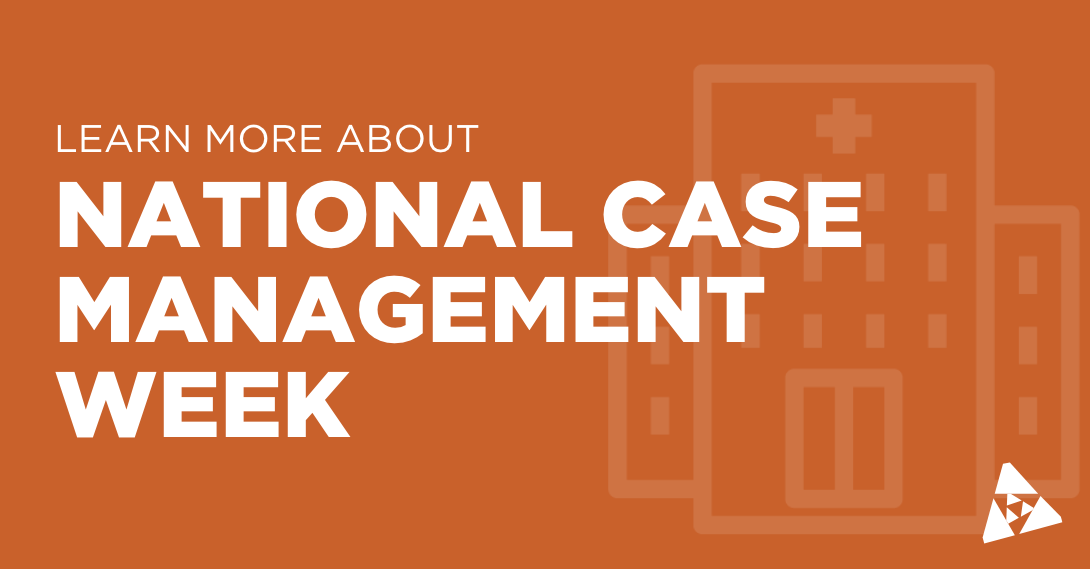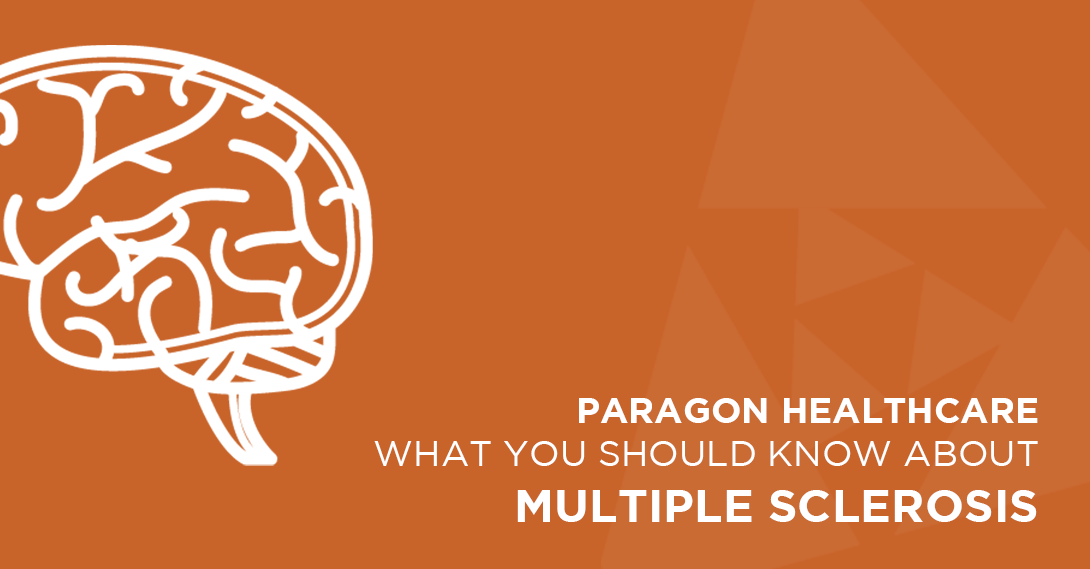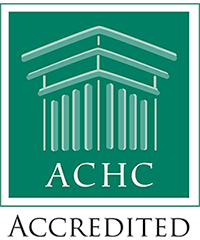This week (October 10-16) is National Case Management Week!
The week is sponsored every year by the American Case Management Association (ACMA). The ACMA provides professional development services for medical case managers, including mentorship programs, educational discussion forums, and informational resources for case managers across the country.
The ACMA also provides professional networking opportunities for case managers and advocates for public policy and legal issues relevant to the work of case managers in any medical field.
At Paragon, we are proud to work closely with case managers in hospitals nationwide, coordinating patient care with a shared priority on putting patient needs first.
What do case managers do?
Case management is an essential service in our modern healthcare system. Case management often involves coordinating treatment between many people and groups, including the patients themselves, caregivers, nurses, social workers, physicians, payers, support staff, specialist physicians and the patient’s community.
In short, a case manager “facilitates communication and care coordination along a continuum through effective transitional care management,” according to the ACMA’s working definition, most recently updated in 2020.
Case managers make sure that patients receive care from multiple sources that are effectively synchronized and focus on the patients’ needs.
That is not to say, however, that case managers somehow remove or preclude patient agency. On the contrary, the patient’s right to self-determination is a case manager’s primary focus when coordinating care. A case manager strives to understand a patient’s wishes for their medical care, to recognize the complexity of the healthcare system and multiple sources of care, and to make sure all sources align with the patient’s wishes accordingly.
Effective case management can help each patient achieve optimal health, gain access to services they need, and utilize hospital and public resources efficiently and appropriately.
In many situations, case managers are also responsible for managing a patient’s transition of care. For example, a patient leaving inpatient hospital care who still needs regular infusions of an antibiotic or antiviral therapy will need a new infusion healthcare provider like Paragon. That patient’s hospital case manager would then work closely with Paragon intake specialists to ensure the patient onboarding process goes smoothly and the patient receives the medicine they need on time.
Because care coordination is the focus of case managers’ work, they are the primary method of communication with a patient regarding the status of their care. Case managers must therefore be effective communicators, capable of educating patients on the nature of their care and sensitive to the struggles hospital patients may experience.
How do healthcare professionals become case managers?
Case managers can come from any area of healthcare, but they always have direct experience as licensed healthcare providers.
In the United States, these licensed healthcare providers (such as medical doctors, registered nurses, physician assistants, pharmacy technicians, and many more) can obtain a Certified Case Manager (CCM) credential. The American Nurses Credentialing Center (ANCC) is the largest certification provider for nurses in the United States. Registered nurses who successfully pass the ANCC Case Management Nurse Exam are eligible to use the title of “Registered Nurse – Board Certified” (RN-BC) and to practice medical case management in any setting, notwithstanding additional certification that may be required for specific areas of specialization.
Paragon loves and needs our case managers
Here at Paragon, we make patient-focused care our priority and want every transition of care to be as seamless and easy as possible for the patient. At no point in a transition of care should a patient feel anxious or in the dark regarding the status of their case or when they can expect treatment.
As such, the work case managers do in hospitals and doctor’s offices (and our few internal case managers) is invaluable. They are our allies in giving patients the very best in customer service, communication and sensitive care.
To learn more about the hundreds of therapies we provide in conjunction with the work of case managers, please visit https://paragonhealthcare.com.






